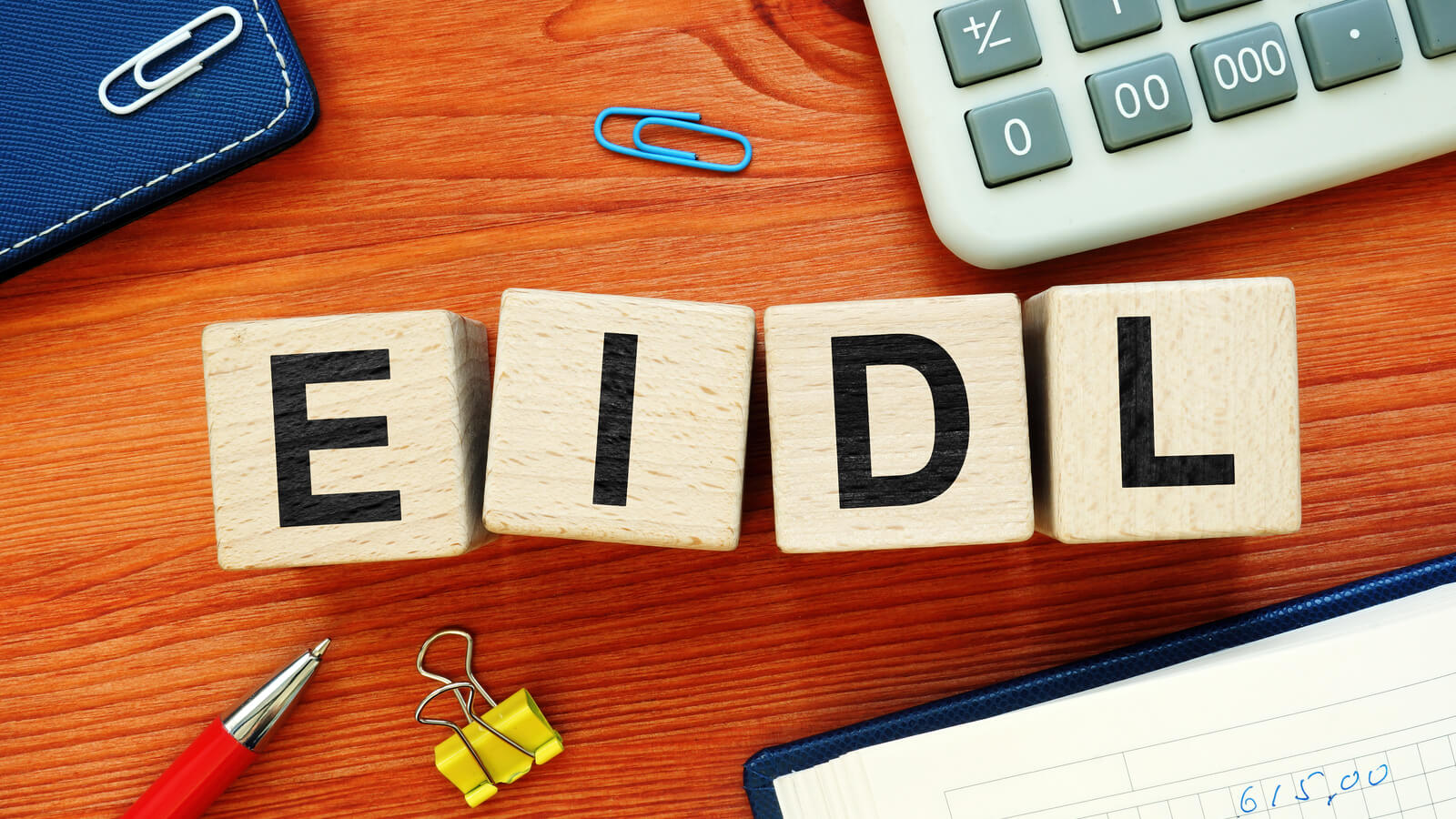Debt doesn't have to be a bad word.
Our economy runs on credit. Chances are, if you’re a small business owner, you’ve taken on some kind of debt to finance your business. And that can be daunting!
But there’s no need to worry. Debt is a normal part of running a business, and when approached with caution, can help your operation stay competitive.
Contents |
| About business debt |
| What’s the difference between a term loan and a line of credit? |
| Debt to avoid |
About business debt
Many people are familiar with everyday forms of debt like credit cards and student loans, but there’s a lot more credit out there.
Starting a business, especially one that needs to quickly come up to scale, can require a lot of money. It’s possible to find investors to front you the cash (which is known as equity financing), but what if you don’t want to share ownership or pay out dividends? Financing your business with credit can get things off the ground without the complication of formally bringing on investors.
Even if you don’t take on any debt in the early stages of your business, you might later on if you want to make a purchase that could make your business more competitive, like better equipment or more spacious premises.
When the money you’re borrowing increases your earning potential, debt can boost business growth. Be careful, though – too much debt, taken on carelessly, can drown your business entirely. Consider working with a professional to create a solid plan and avoid any issues.
Common types of debt
- Commercial real estate: Businesses need mortgages too! These usually come with shorter terms than residential mortgages, often 5-20 years.
- Equipment loans: Banks often extend credit to businesses to buy essential equipment, anything from copy machines to industrial shredders.
- Business auto loans: Need a delivery van or other vehicle for your business? Your business can take on a car loan, sometimes using its EIN (Employee Identification Number).
- SBA loans: The Small Business Administration has programs for small-business loans that can cover startup costs, working capital, and more. These loans will be issued by a private lender like a bank, but it’s backed by the federal government, so there’s less risk for everyone involved. They also frequently issue credit to businesses effected by disasters, such as the EIDL (Economic Impact Disaster Loan) program.
- Bridge loans: If your business experiences a temporary shortage of working capital, interim financing – short term loans issued to cover funding gaps – can help you cover operating expenses.
- Shareholder loans: If your company has investors, you can sometimes acquire loans from them at favorable terms if it’s for the benefit of the business.
What’s the difference between a term loan and a line of credit?
Broadly speaking, many types of debt can be sorted into two categories: term loans and lines of credit.
What’s a term loan?
A term loan is a lump of money borrowed all at once. It usually comes from a bank, and is granted for a specific purpose, like purchasing property or a vehicle. Interest accrues as soon as the loan is granted, with higher interest rates and minimum payments on riskier loans. You can also offer collateral (also known as securing the loan) to earn more favorable terms.
What’s a line of credit?
A line of credit is a pool of money than can be used, paid off, and used again. The classic example here is a credit card, but this can also refer to a personal line of credit from a bank. Interest accrues as the credit is used, and it’s not usually intended for any specific purpose. Often, a line of credit comes with a higher interest rate than a term loan.
Debt to avoid
Some types of debt should just be avoided entirely, like payday loans written with predatory terms. In these cases, you take on debt without any time to use it to improve your circumstances.
It’s probably also a good idea to avoid loaning money to or taking loans from clients or employees. That’s a dynamic you don’t want to add to those relationships.
Bottom line
Most business owners will need to use credit to get ahead at some point, and it’s nothing to worry about when approached with a little consideration. Debt can help your business reach a higher level.
Nervous about making the wrong moves with your business? Schedule a call with DiMercurio Advisors for expert advice on business formation, tax strategies, and more.








